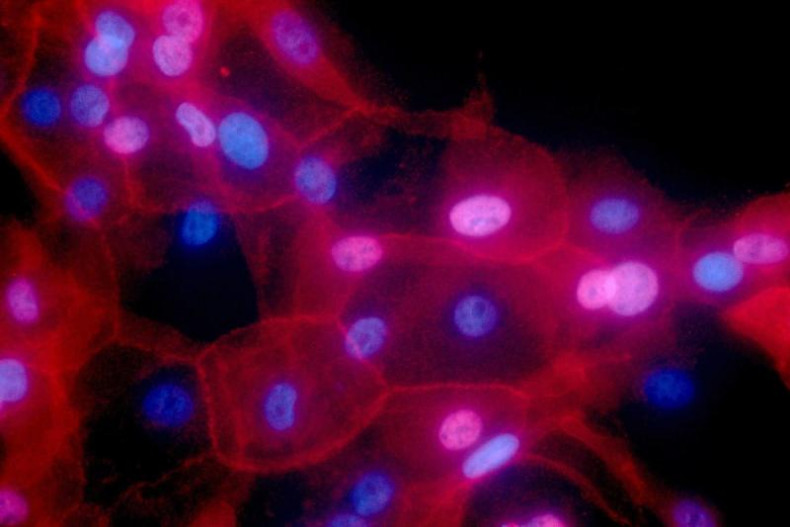Groundbreaking Study Reveals Risks
Chemotherapy Triggers Dormant Cells
A team of Chinese scientists has discovered that chemotherapy, while effective against primary tumors, may inadvertently promote cancer spread by activating dormant cancer cells. Published in Cancer Cell on July 3, 2025, the study highlights how drugs like doxorubicin and cisplatin can trigger metastatic relapse in breast cancer patients, particularly in organs like the lungs. This finding sheds light on a critical challenge in oncology, prompting new strategies to mitigate these risks.
Mechanisms of Metastatic Relapse
Dormant Cells Reactivated
The research, led by Professor Hu Guohong from the Chinese Academy of Sciences’ Shanghai Institute of Nutrition and Health, shows that chemotherapy awakens dormant disseminated tumor cells (DTCs), which can remain inactive for years. Unlike non-dormant cells, these reactivated DTCs drive metastases, explaining why some patients experience cancer recurrence in distant organs despite successful primary tumor treatment. This insight clarifies the paradoxical effects of chemotherapy observed in clinical settings.
Chemotherapy’s Impact on Tissue
Senescent Fibroblasts’ Role
The study found that chemotherapy induces senescence in fibroblasts, connective tissue cells that stop dividing and release inflammatory proteins. These senescent fibroblasts prompt immune cells, called neutrophils, to form web-like structures known as neutrophil extracellular traps. This alters the lung environment, enabling dormant cancer cells to resume growth and spread. The process also degrades tumor-suppressing factors in the extracellular matrix, exacerbating metastatic risks.
Promising Drug Combinations
Senolytic Drugs Show Potential
To counter chemotherapy’s unintended effects, the team tested senolytic drugs, which eliminate senescent cells, in combination with doxorubicin in mice. This approach reduced senescent fibroblasts in the lungs, inhibiting metastasis. The promising results, coupled with senolytics’ established safety profiles, have spurred a phase II clinical trial for triple-negative breast cancer patients, an aggressive form resistant to standard hormone therapies, to evaluate this strategy’s efficacy.
Implications for Cancer Treatment
Rethinking Chemotherapy Protocols
The findings challenge conventional chemotherapy approaches, urging oncologists to consider metastasis risks alongside tumor reduction. With 1.9 million new breast cancer cases globally in 2024, per WHO estimates, improving treatment outcomes is critical. The study’s insights could lead to tailored protocols combining chemotherapy with anti-metastatic therapies, potentially reducing relapse rates and enhancing patient survival, especially in high-risk cases like triple-negative breast cancer.
Broader Impact on Oncology
Global Research and Trials
This research builds on prior U.S. studies linking high-dose radiation to metastatic tumor growth, highlighting a need for global collaboration in refining cancer treatments. The ongoing clinical trial in China, involving drugs like dasatinib and quercetin, could set a precedent for integrating senolytics into standard care. For Thailand, where cancer is a leading cause of death, adopting such innovations could strengthen oncology programs, aligning with efforts like Thainakarin Hospital’s 2025 AACI accreditation for excellence.









